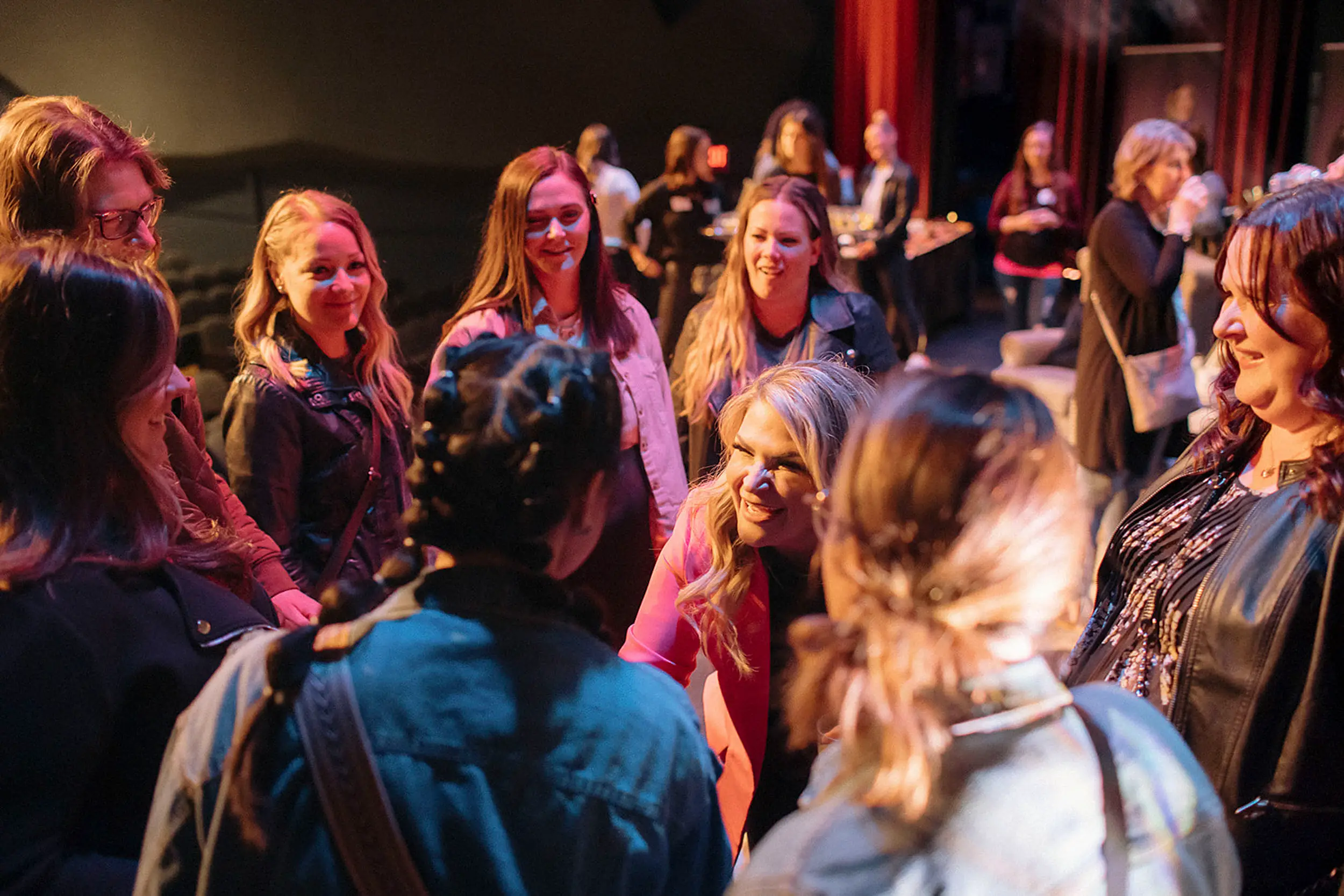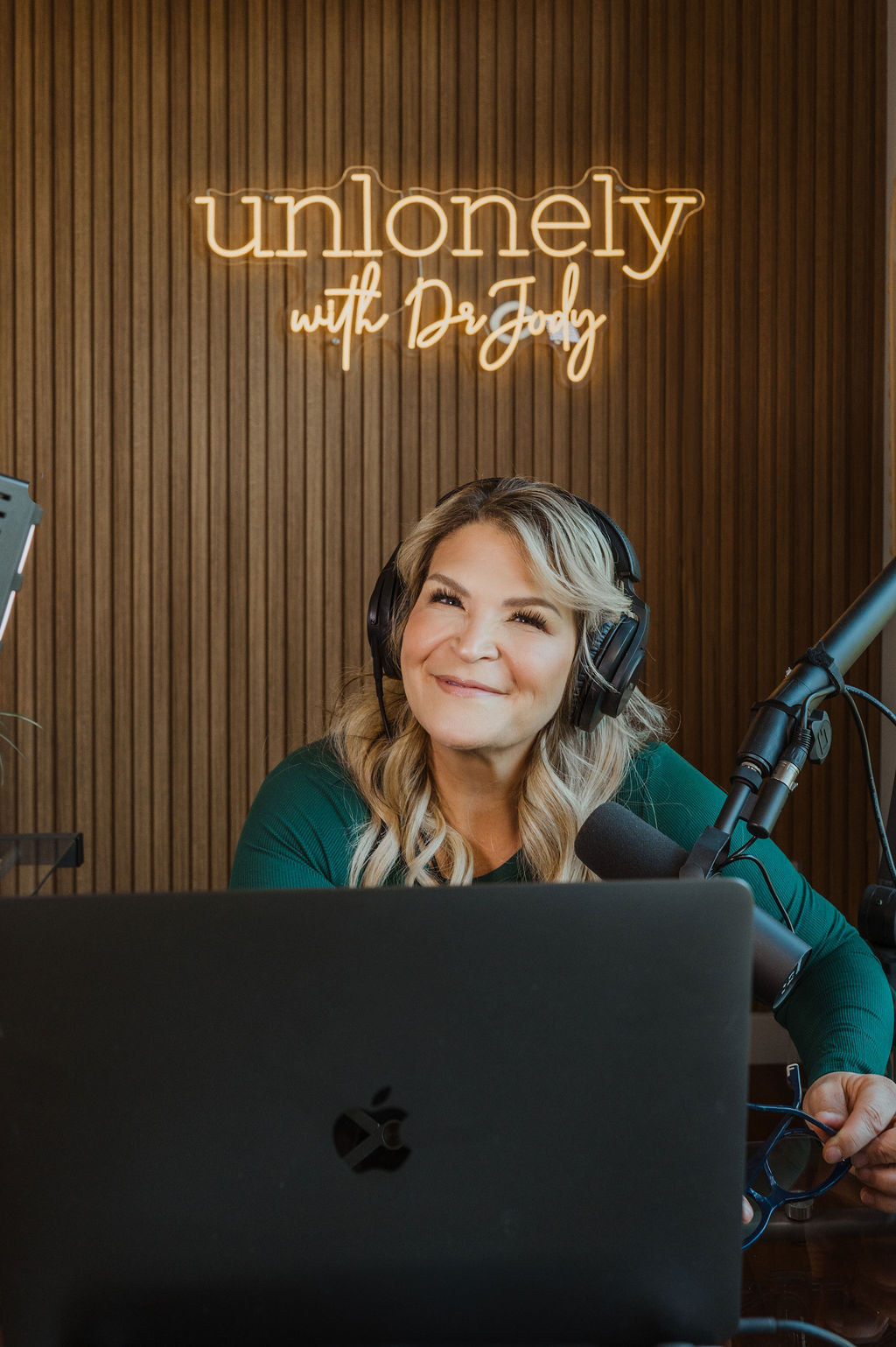In today’s looks-obsessed world, the concept of body image is a pervasive one, greatly influencing how we perceive ourselves (and others). Social media (sigh) plays a strong role in shaping this image; this idealized and impossible standard that is often super manufactured with filters and editing apps.
People of all ages, especially women and girls, find ourselves “comparing and despairing” as we scroll through this highly edited content, which does nothing for our self-esteem and makes us feel pretty damn inadequate. We all have moments where we get caught up in it—body image is a complex and multifaceted aspect of our identity.
But the thing is, for so many sweet souls, these issues are closely linked to mental health conditions like eating disorders, depression, and anxiety. It starts with an “I hate my thighs” and can turn into a completely distorted perception of oneself, eventually contributing to the development of these common disorders.
In recent years we’ve seen a solid clap-back to unrealistic beauty standards – the body positivity movement of course, followed by ideas like body neutrality, which focuses on celebrating our bodies for their functionality and feeling, instead of how they appear in the world. Then we see the Health at Every Size (HAES) concept, which challenges the notion that health is determined by body weight. Instead, it emphasizes intuitive eating, joyful movement, and accepting ourselves at any size. Boom. This is exactly the constructive, forward movement that we need right now.
But is it enough? It depends on so much.
I think the goal is really to cultivate a healthier relationship with our own bodies first, so that we can show our kids that our worth is not defined by our appearance. It’s about recognizing and challenging these imposed body ideals and flipping them the god-damned bird from day one.







Lorem ipsum dolor sit amet, consectetur adipiscing elit. Suspendisse varius enim in eros elementum tristique. Duis cursus, mi quis viverra ornare, eros dolor interdum nulla, ut commodo diam libero vitae erat. Aenean faucibus nibh et justo cursus id rutrum lorem imperdiet. Nunc ut sem vitae risus tristique posuere.